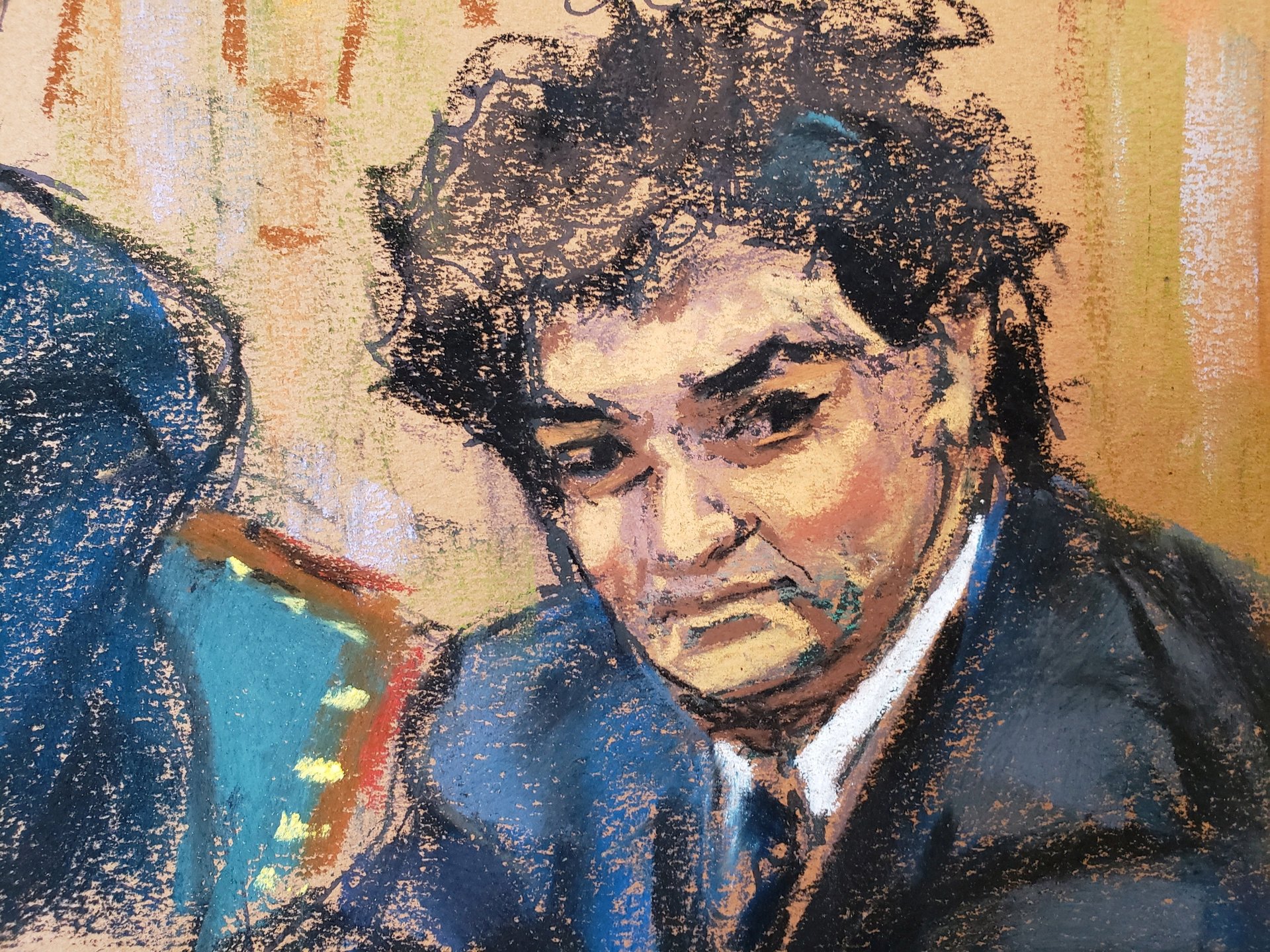Sam Bankman-Fried wanted to buy the nation of Nauru to wait out the world's end
Before FTX collapsed, Bankman-Fried planned to build a bunker in Nauru, to keep members of the effective altruism movement safe in case of a global calamity

Sam Bankman-Fried seemed unprepared for the end of his FTX crypto exchange, but he’d certainly started planning for the end of civilization.
Suggested Reading
According to new court filings, Bankman-Fried had chalked out how he would purchase the island nation of Nauru. Come the great fire or flood, he would move himself and his colleagues in the effective altruism movement into a bunker there, to wait out the apocalypse.
Related Content
The court filings in a federal bankruptcy court in Delaware, dated July 20, included a memo crafted by an FTX Foundation official and Sam Bankman-Fried’s brother Gabriel Bankman-Fried. It outlined the future survival of FTX and Alameda Research employees and all those who subscribed to the effective altruism concept.
The ultimate strategy, according to the memo, was “to purchase the sovereign nation of Nauru in order to construct a ‘bunker / shelter’ that would be used for some event where 50%-99.99% of people die [to] ensure that most EAs (effective altruists) survive.” The memo also mentioned to plans to develop “sensible regulation around human genetic enhancement, and build a lab there,” noting that perhaps “there are other things it’s useful to do with a sovereign country, too.”
Nauru has a history of money laundering
Nauru, the world’s smallest island state, is located in the southwestern Pacific Ocean, 3,000 kms northeast of Australia. It has a population of fewer than 11,000 people, who live in a land area of 21 square kilometers that has been ravaged by decades of phosphate mining.
In the late 1990s, Nauru turned into a haven for money laundering. In 1998, some $70 billion was illegally transferred from Russian banks to accounts of banks chartered in Nauru to evade taxes. At the time, money laundering was not a criminal offense in the country. But in 2002, the US Treasury designated Nauru a money-laundering state, leading to the closure of the Bank of Nauru in 2006.
Quite an appropriate spot for Bankman-Fried, then. The Delaware court filings label him a serial money launderer, and they augment filings from March, in which prosecutors charged Bankman-Fried with 13 similar offenses. In total, he is accused of swindling $8 billion of his customers’ funds.
Bankman-Fried’s choice of Nauru aside, his anticipation of a mega-catastrophe raises more practical questions than answers.
His philosophy of choice, effective altruism, encourages its members to accumulate a lot of wealth, so they can distribute it to the less privileged people around them. As the fall of FTX showed, though, the movement was riddled with smokescreens and ethical pitfalls. Bankman-Fried’s plans with both FTX and Nauru were selfish: make a few people very rich illegally, and use that money to hunker down on their own island, set their own rules, and escape a global calamity even as the world outside burned on.